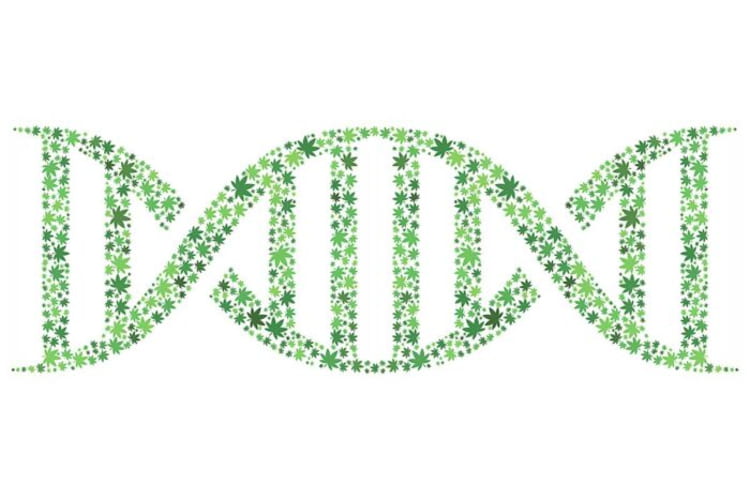A large study exploring possible genetic influences on cannabis use disorder has identified two regions in our DNA — one newly identified and a second that replicates a past finding — that appear to contribute to one’s risk of becoming dependent on marijuana.
The findings — published Oct. 20 in Lancet Psychiatry — stem from the research of an international team led by scientists at Washington University School of Medicine in St. Louis.
The researchers analyzed DNA and other data from almost 21,000 people diagnosed with cannabis use disorder and another 360,000 who did not have that diagnosis. They found an association with cannabis use disorder in a region of DNA near the FOXP2 gene on chromosome 7, a gene previously linked to language development and to risk-taking behavior. They also implicated a region on chromosome 8. The CHRNA2 gene in that region had been linked to cannabis use disorder in prior studies. It also has been linked to nicotine addiction.
“It has been estimated that up to 20% of those who use cannabis will develop problems,” said senior investigator Arpana Agrawal, PhD, a professor of psychiatry. “When we think about why some people who use cannabis develop problems with it, about 50% of that risk is due to genetics. We identified two variants – there are likely to be many, many more genes. While the variants that we found are not currently useful in letting someone know about their personal risk, the genetic pathways might lead to better treatments for cannabis addiction in the future.”
